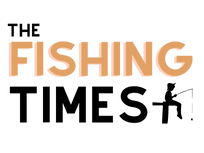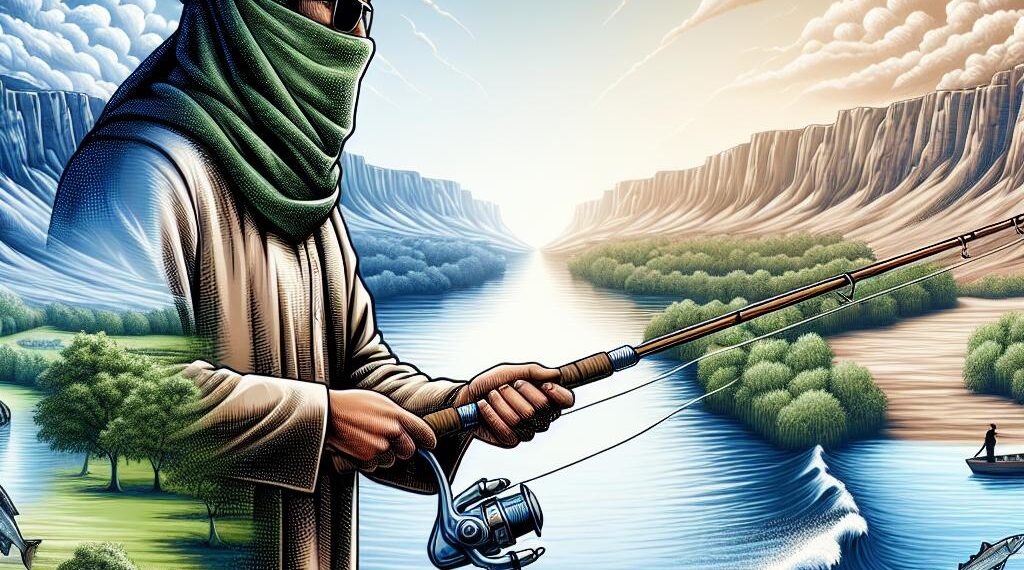Imagine standing by a river, rod in hand, feeling the rush of water and hope for a big catch. But wait—are river fish just the same as those in a lake or ocean? Not quite! Many anglers, both newbies and old hands, often find themselves baffled by how fishing techniques differ across water types. That’s where understanding the nuances of fishing in rivers, lakes, and oceans becomes crucial. In this blog, we’ll unravel these mysteries, guiding you to improved skills and more successful outings. So, whether you’re aiming to reel in the big one or simply explore new waters, read on for valuable insights.
What Does ‘Fishing in Various Waters’ Mean?
Understanding how to fish in different types of water—rivers, lakes, and oceans—is essential for any angler wishing to improve their skills. Each water type presents unique challenges and opportunities driven by fish behaviour, water movement, and environmental factors. Rivers often offer moving water with diverse fish habitats, while lakes provide calm, open spaces, ideal for various species. Oceans, with their vast expanse, bring opportunities for deep-sea and coastal fishing. Mastering techniques tailored to these environments enhances the angling experience, leading to more successful and enjoyable outings. This knowledge, rooted in centuries-old fishing traditions, transforms simple fishing trips into exciting aquatic adventures.Why Understanding Different Fishing Environments Matters
If you’re passionate about fishing, knowing how to fish in different types of water — whether it’s a river, a lake, or the vast ocean — can transform your angling skills and elevate your entire outdoor experience. Here’s how:-
– Skill Enhancement: Mastering diverse water environments hones your skills, making you more adaptable. You’ll come across different fish species, each requiring unique techniques, which ultimately sharpens your abilities and deepens your understanding of angling.
– Versatile Adventure: Mixing it up between rivers, lakes, and oceans provides a sense of adventure and enriches your fishing trips. Every waterbody offers a distinct ecological setting, meaning each fishing trip becomes a new discovery.
– Safety Awareness: Knowledge of various waters also involves understanding safety protocols specific to each environment. Being aware of conditions like tides, currents, and weather patterns means you’re better prepared to keep both yourself and your companions safe.
– Conservation Insight: By fishing in different environments, you’ll gain insight into their unique ecosystems. This awareness encourages a conservation-minded approach, as understanding the impact on habitats can drive more sustainable fishing practices.
– Community Connection: Engaging with different fishing communities introduces you to a world of shared tips and stories. Learning from others’ experiences builds camaraderie, enriching your fishing lifestyle.
Master Fishing Techniques for Rivers, Lakes, and Oceans in Simple Steps
- Understand Your Environment: Before you cast your line, take a moment to understand the type of water you’re fishing in. Rivers have currents that can carry your bait downstream faster than expected, whereas lakes are more stable but might demand a different strategy, like targeting deeper spots. The ocean offers unique challenges like tides and waves. Knowing your surroundings ensures you’re ready for anything.
- Select the Right Gear: Different waters mean different gear. For river fishing, lighter tackle might be more effective, while lake fishing could require lures that sink slower. In the ocean, you’re dealing with larger, stronger fish, so a more robust setup is essential. Avoid common mistakes like using freshwater gear in saltwater, as it can corrode and weaken your trusty tools.
- Master Diverse Techniques: Diversify your tactics. For rivers, focus on drift fishing to match the current flow. Lakes often respond well to spinning or bait casting, while the ocean might need you to learn trolling techniques. Practice makes perfect, so don’t be afraid to try different methods.
- Stay Adaptable: Flexibility is key. Weather changes and fish behaviour can alter the best-laid plans. Adapt by monitoring conditions and adjusting your approach. If others around you are having success, it’s okay to take notes and tweak your methods. This adaptability puts you on the path from zero to hero.
Essential Gear for Fishing Rivers, Lakes, and Oceans
| Type of Water | Recommended Gear | Skill Level | Budget Range |
|---|---|---|---|
| River | Lightweight Spin Rod | Beginner/Intermediate | ££ |
| Lake | Medium Action Rod | Intermediate | ££ to £££ |
| Ocean | Heavy Power Rod | Advanced | £££ |
| Standout Recommendation: Heavy Power Rod for Ocean Fishing | |||
| The Heavy Power Rod is essential for ocean fishing due to its ability to handle larger fish and withstand stronger currents. It’s best suited for advanced anglers who are ready to tackle big saltwater catches. While it has a higher budget range, its durability and performance offer great value for serious anglers looking to take on the challenges of ocean fishing. | |||
Real-Life Insights: Mastering Fishing in Diverse Waters
Fishing can be a deeply rewarding experience, as shared by my mate Alex, who recently ventured into different waters—rivers, lakes, and oceans—to refine his angling skills. His journey began at a quaint river, where he learned the importance of stealth and patience. The calm, shallow waters taught him to adopt a quieter approach, allowing him to catch some magnificent trout. It’s all about how you move. His next stop was a vast lake, prompting him to explore various casting techniques. He discovered that experimenting with both short and long casts opened up a whole new world of possibilities, helping him land a delicious bass. Lakes, he noted, required versatility in gear and strategy because conditions could change in a heartbeat. Finally, Alex found himself on the ocean’s edge. Here, he encountered the thrill of the surf, recognising the sheer power of the sea. The biggest lesson was to respect nature, staying safe while using sturdy gear to handle bigger fish. Those experiences in different waters not only honed his techniques but also deepened his appreciation for the diverse and dynamic world of fishing.Conserving Fisheries: Protect Rivers, Lakes, and Oceans
- Understand and adhere to local fishing regulations. These rules are in place to protect fish populations and the broader ecosystem, so they’re crucial for sustainable angling.
- Practice catch and release whenever possible, especially for species that are overfished or endangered. This helps maintain healthy fish populations and ensures future generations can enjoy fishing.
- Use barbless hooks to minimise injury to fish. Barbless hooks are easier to remove, reducing stress and damage to the fish.
- Be mindful of the bait you use. Natural baits can introduce non-native species or diseases to water bodies, so consider sustainable alternatives.
- Avoid overfishing by taking only what you need. This prevents depletion of local fish stocks and maintains ecological balance.
- Dispose of fishing line and tackle properly to prevent harm to wildlife. Leftover lines can entangle birds and other animals, creating serious environmental hazards.
- Educate yourself about the fish species in the area. Knowing what’s native and what’s not can guide more responsible fishing practices.












